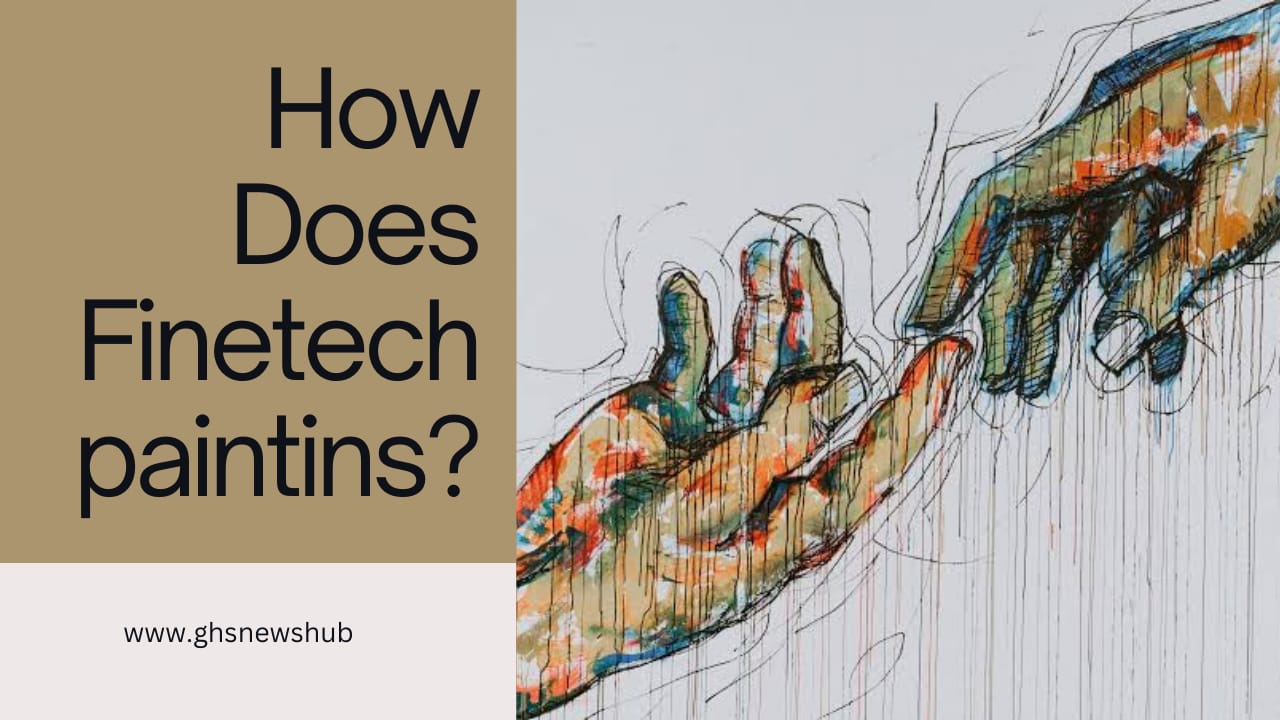About fintech
Fintech, a portmanteau of financial technology, describes a broad class of generation-pushed innovation in monetary offerings. FinTech organizations are usually startups that utilize software and modern-day technologies to offer digital and regularly user-pleasant economic services traditionally presented via mounted institutions. Major areas of innovation encompass bills, private finance, asset/wealth control, lending, blockchain, and more. Embracing a client-centric technique, fintech aims to gain the right of entry, lessen fees, and improve efficiency via virtual banking, crowdfunding, robo-advising, cryptocurrencies, and more.
How do one-of-a-kind fintech businesses operate?
Fintech businesses hire a diffusion of commercial enterprise fashions while disrupting legacy economic sectors. Digital-best banks and charge apps provide customers with handy middle offerings like accounts, cash transfers, and lending. Funding structures use automatic algorithms to deliver inexpensive robo-advice and actively controlled virtual portfolios. Insurtech startups have streamlined approaches and implemented superior records analytics for product services like pay-in-line with-mile car coverage.
Crowdfunding portals allow people and groups to elevate capital directly from many online buyers. p2p lending marketplaces healthy borrowers and lenders through a web platform. Blockchains allow decentralized applications for something requiring acceptance as true with immutability in record-maintaining. Normal generation allows agile disruption of traditional industries across the monetary enterprise.
How do fintechGain clients?
The democratization of financial services has added clear benefits to purchasers. Cellular-first fintech apps deliver convenience through intuitive digital reviews that can be had 24/7. Automated budgeting, price tracking, and borrowing equipment sell better financial habits. Digital investment structures lower fees via passive techniques and cast off high account minimums, making wealth-constructing extra reachable.
Crowdfunding offers fundraising options out of doors, such as the traditional gadget. Improvements centered around remittances, lending, and insurance make sending money, getting loans, or finding insurance less difficult and expensive worldwide. Users additionally benefit from greater manipulation through self-provider, usage-based total pricing models and custom-designed solutions tailored to man or woman’s needs versus one-length-fits-all legacy options.
What new developments are driving fintech?
Numerous essential technological shifts are accelerating fintech innovation and adoption throughout the globe:
CellularPenetration: over 60% of the world now uses smartphones that are well-matched with fintech apps, riding large patron migrations to virtual banking and payments.
Open banking: regulatory traits like PSD2 have unlocked banking apps, allowing greater collaborative partnerships and third-birthday party company entry.
Cloud infrastructure: scalable cloud platforms supply fintech startups with rapid, low-fee access to backend infrastructure formerly requiring huge capital investments.
Huge facts & ai: advanced analytics, gadget gaining knowledge of, and ai automate processes, strengthen customized experiences, and reveal new sales streams from non-conventional records resources.
Blockchain: dispensed ledgers facilitate novel defi programs and enterprise version/procedure innovations across more than one sector.
How does fintech create new enterprise models?
In addition to reaping rewards for purchasers, emerging technology underpins revolutionary new business fashions across monetary offerings. embedded finance permits any enterprise to provide monetary gear via turnkey integrations. digital wallets and marketplaces combine spending records to generate centered offers. crowdlending platforms make personal investor capital available to the foremost road. Robo-advisors automate advice previously requiring human economic planners.
Insurtech startups appoint usage-based dynamic pricing schemes utilizing IoT and behavioral facts. decentralized protocols create distributed independent groups (daos) governed through token holders. newBreed neo or challenger banks leverage open architecture to “financial institution the unbanked.” opportunity lending flourishes via social media integration. FinTech’s programmable destiny constructs a large number of novel revenue streams yet to be imagined.
How is finTech regulated?
A sensitive balancing act exists between regulating fintech for patron safety and systemic stability even as nurturing ongoing innovation. maximum countries now have devoted regulatory “sandboxes” for live trying out innovative products in managed environments earlier than complete marketplace access.
Regulators’ attention on ensuring compliance, stopping illicit use of finances, and addressing data asymmetries through disclosure standards. new policies address growing regions like crypto belongings, lending criteria, open banking apps, privateness necessities, algorithmic bias mitigation, and more.
Concurrently, actions encouraging collaboration like psd2 and bank charter approvals are diminishing limitations among legacy establishments and FinTech disruptors. over time, the law may also consolidate to set up international governance standards to sure technology works across borders. ordinary, the intention stays tailored oversight proportionate to danger as opposed to restrictive stances stifling competition and progress.
Conclusion
Fintech has transformed how purchasers and companies interact with economic services globally via a combination of unprecedented get entry, personalization, affordability, and convenience. Fast technological shifts have enabled an explosion of startups disrupting legacy fashions and constructing novel merchandise not possible earlier.
Whilst ongoing law aims to stabilize the benefits of innovation in opposition to systemic dangers, rising possibilities spanning software, data technology, engineering, design, and commercial enterprise roles make sure fintech stays a colorful and growing sector developing cost throughout the economy. going ahead, blending fintech’s virtual strengths with conventional institutions guarantees even more upside for all gamers in bringing approximately an inclusive, interconnected international monetary machine. To analyze fintech and the way it works alongside extra-economic information visit finance these days or visit here.





Your post just makes me want to pack my bags and start traveling right now!